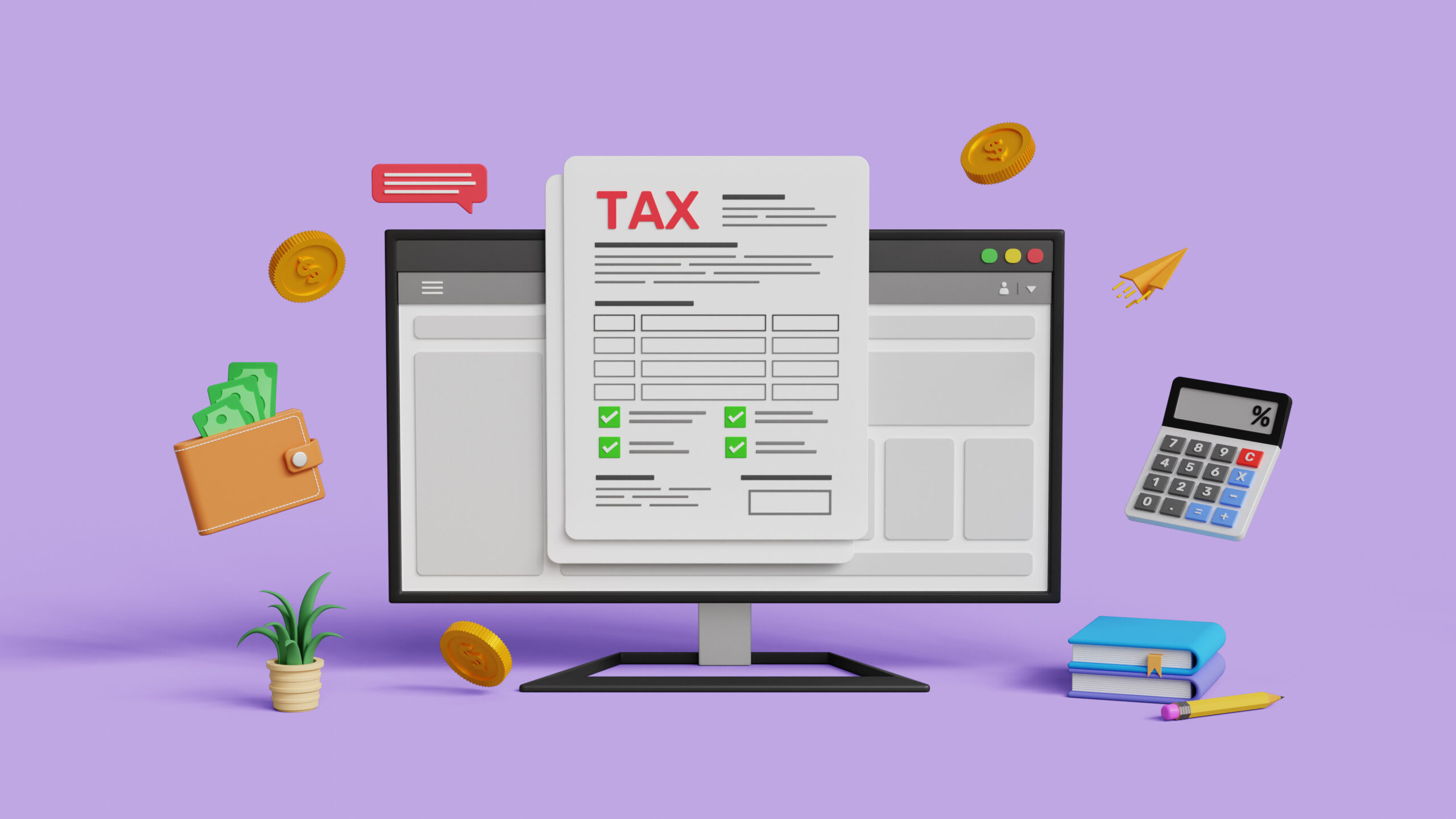For small business owners, staying on top of taxes can feel like a daunting task. The good news? There are numerous tax deductions available that can help reduce your business’s tax burden and improve your bottom line. Understanding these deductions can make a significant difference in how much you owe quarterly, annually, and at federal, state, and local levels.
This guide provides an overview of common and often overlooked tax deductions small business owners should consider. By taking advantage of these deductions, you can minimize your tax liability while remaining compliant with IRS regulations.
What are tax deductions?
Tax deductions lower your taxable income, which in turn decreases the amount of income tax you owe. For small businesses, deductions can include eligible expenses such as operational costs, travel, and even part of your home office. The IRS allows businesses to claim expenses that are both “ordinary and necessary” for conducting business.
Common Tax Deductions for Small Businesses
1. Home Office Deduction
If you operate your business from home, you may be eligible to deduct expenses related to your home office. This deduction applies to those who use the space exclusively and regularly for business purposes. Qualifying expenses include a portion of rent or mortgage interest, utilities, real estate taxes, and maintenance costs.
There are two methods to calculate the home office deduction:
- Simplified Method: Deduct $5 per square foot of your home office, up to 300 square feet (a maximum of $1,500).
- Regular Method: Calculate actual expenses based on the percentage of your home dedicated to business use.
2. Vehicle and Travel Expenses
If you use your vehicle for business purposes, you can deduct expenses such as mileage, gas, repairs, and insurance. The IRS provides two methods to calculate your deduction:
- Standard Mileage Rate: Deduct a specific amount per mile driven for business (58.5 cents per mile for the first half of 2023 and 65.5 cents for the second half).
- Actual Expense Method: Deduct the actual costs of operating and maintaining your vehicle for business use.
For travel expenses, costs related to business trips, such as airfare, lodging, meals, and transportation, are deductible as long as they are strictly tied to business activities.
3. Startup Costs
If you recently launched your small business, you can deduct up to $5,000 in startup costs, such as market research, training, and legal fees, in your first year of operation. Costs exceeding $5,000 can be amortized over a period of 15 years.
4. Employee Salaries and Benefits
Wages paid to employees, including bonuses, commissions, and contract labor, are tax-deductible. Additionally, contributions to employee retirement plans, health insurance, and other benefits can be deducted. This can be a powerful way to offset costs while fostering a productive workplace.
5. Business Supplies and Office Expenses
Any expense related to the supplies and equipment needed to operate your business is deductible. This can include:
- Office supplies (paper, pens, printer ink)
- Software and computer equipment
- Furniture such as desks and chairs
Remember to keep detailed records and receipts for these purchases.
6. Marketing and Advertising Costs
Spending on marketing and advertising to promote your business is fully deductible. This includes social media ads, website hosting costs, branded materials, and even sponsorships or industry events.
7. Professional Services and Fees
Costs associated with hiring professional services, such as accountants, attorneys, or consultants, are also deductible. These services ensure that your business complies with legal and financial regulations, making them necessary business expenses.
8. Health Insurance Premiums
If you’re self-employed and pay for your own health insurance (as well as coverage for your spouse, dependents, or children under 27), you can deduct the cost of premiums. This is a valuable deduction for small business owners without access to employer-sponsored plans.
Quarterly and State/Local Tax Obligations
Small business owners are often required to make quarterly estimated tax payments to the IRS. These payments cover federal income tax, self-employment tax, and any applicable state or local business taxes. Calculating and paying estimated taxes on time is essential to avoid penalties.
Additionally, be mindful of varying tax regulations at the state and local levels. For example:
- State Sales Tax: Businesses that sell products might need to collect and remit sales tax. Confirm your state’s tax rates and requirements.
- Local Business Tax: Some municipalities impose a business tax or license fee. Check with your local government offices to ensure compliance.
Maximizing Tax Savings
Here are three strategies small business owners can use to maximize their deductible expenses:
1. Keep detailed records.
Meticulous record-keeping is crucial for claiming deductions. Use accounting software to track receipts, invoices, and financial records for all eligible expenses.
2. Work with a tax professional.
Consult a certified public accountant (CPA) or tax professional who specializes in small business taxes. They can identify deductions you might overlook while ensuring compliance.
3. Stay organized year-round.
Don’t wait until tax season to organize your financial records. Set aside time each month to review your expenses and financial reports.
Tax deductions are a valuable tool for small business owners looking to ease their tax burden while maximizing their profitability. Whether you’re deducting your home office expenses, employee salaries, or marketing costs, understanding what qualifies as a business expense can make a significant difference.
By staying informed and consulting with tax professionals, you can ensure you’re taking full advantage of the deductions available to you. Proper planning and organization simplify tax season and allow you to focus on what you do best — growing your business.
For further guidance, the IRS Small Business and Self-Employed Tax Center provides comprehensive resources. Additionally, many professional organizations and local small business associations offer workshops and tools to help you stay informed.
Make the most of every deduction you’re entitled to and take one step closer to financial success.






